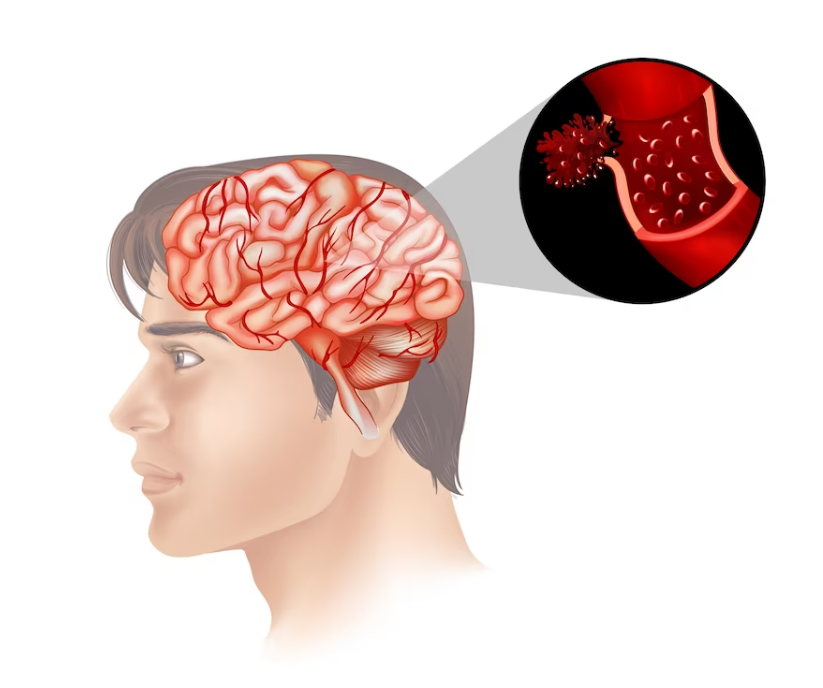
Unraveling the Causes and Risks of Brain Aneurysms
Understanding the causes and risk factors of brain aneurysms is essential for recognizing potential threats to your health.
In this blog, we’ll explore the main types of causes and risk factors in simple terms to help you stay informed and proactive about your well-being.
1. Genetic Factors:
Genetics can play a role in the development of brain aneurysms. If you have a family history of aneurysms, you may be at higher risk of developing one yourself.
Certain genetic conditions, such as polycystic kidney disease and connective tissue disorders like Ehlers-Danlos syndrome and Marfan syndrome, can also increase the risk.
2. High Blood Pressure:
High blood pressure, also known as hypertension, is a significant risk factor for brain aneurysms. When blood pressure is consistently high, it can weaken the walls of blood vessels in the brain, making them more susceptible to bulging and rupture.
3. Smoking:
Smoking is a well-known risk factor for various health conditions, including brain aneurysms. Chemicals in tobacco smoke can damage blood vessels and increase the risk of aneurysm formation and rupture.
4. Age and Gender:
While brain aneurysms can occur at any age, they are more common in older adults. Additionally, women are more likely to develop brain aneurysms than men, especially after the age of 55.
Hormonal changes, such as those that occur during pregnancy and menopause, may contribute to this increased risk in women.
5. Trauma and Injury:
Head trauma or injury can sometimes lead to the formation of brain aneurysms, particularly in cases of severe or repeated trauma. If you’ve experienced a head injury in the past, it’s essential to be aware of the potential risks and seek medical attention if you develop symptoms of a brain aneurysm.
Conclusion:
By understanding the causes and risk factors of brain aneurysms, you can take proactive steps to protect your health and reduce your risk. If you have a family history of aneurysms, high blood pressure, or other risk factors, it’s essential to prioritize regular medical check-ups and adopt a healthy lifestyle to minimize your risk.
To seek medical advice, always consult a Doctor. Here are our recommended experts. Click here
To read more on Neurological Disorders. Click Here


